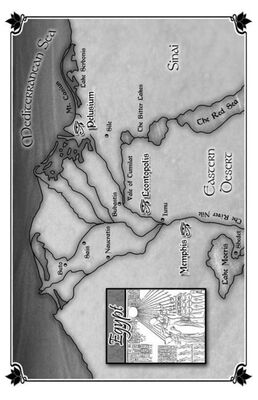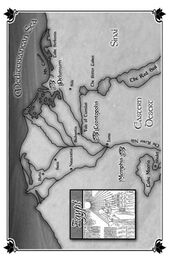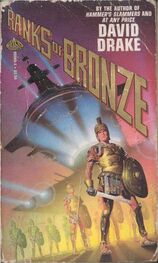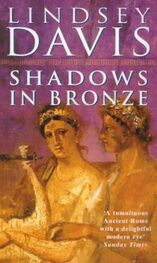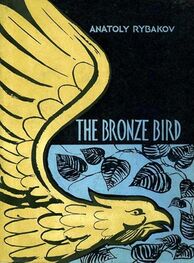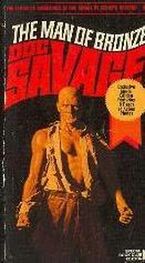667 Ashurbanipal of Assyria conquers the Nubian pharaohs of Egypt, paving the way for the rise of the Saite kings.
664 Wahibre Psammetichus (Greek: Psammis), a prince of Sais, seizes control of Egypt from the Assyrians and the Nubians; he becomes the first Pharaoh of the Twenty-sixth Dynasty. During his reign, Greek mercenaries, the "Men of Bronze," begin serving in the armies of Egypt.
c. 635 Lydia, in Asia Minor, is the first nation to coin money. The invention spreads rapidly through Greece and the Aegean.
c. 630 Greek colony of Cyrene founded in North Africa.
627 Death of the Assyrian king Ashurbanipal creates a power vacuum. Babylon revolts and the Medes of central Iran begin subjugating their neighbors.
616 Assyria's domination of the Near East is ended by the rise of the Chaldeans (Babylonians) under Nabopolassar. Along with their neighbors, the Medes, the Chaldeans begin the slow conquest of the known world. Political marriage between Nabopolassar's son, Nebuchadnezzar, and a Median princess cements an alliance between the two fledgling nations.
610 Wehemibre Nekau (Greek: Necos) becomes Pharaoh. He begins work on a canal from the Nile to the Red Sea; he sponsors the Phoenician Hanno's voyage around Africa. Nekau also resurrects the Medjay, now in the guise of foreign (non-Greek) mercenaries, to guard Egypt's eastern frontier. Babylon's rising power prompts Pharaoh to begin reasserting his interests in Palestine.
609 The (second) Battle of Megiddo. Pharaoh Nekau defeats a Jewish army under Josiah.
605 Pharaoh Nekau's forces crushed at Carchemish by Crown Prince Nebuchadnezzar of Babylon. Egypt relinquishes its hold over Palestine. Death of Nabopolassar.
604 Nebuchadnezzar ascends the throne of Babylon. Besides gaining renown as a war-leader and statesman, Nebuchadnezzar would be remembered for all time as the architect of the Hanging Gardens of Babylon, one of the Seven Wonders of the World (said to have been built to assuage his Median Queen's homesickness for the Zagros Mountains).
601 Babylon invades Egypt and is repulsed with heavy losses. In Palestine, the king of Judah, Jehoiakim, vacillates between casting his lot with Egypt or Babylon. The prophet Jeremiah counsels him to continue paying tribute to Nebuchadnezzar. Jehoiakim ignores him.
595 Neferibre Psammetichus becomes Pharaoh.
593 Egypt invades Nubia to the south and Palestine to the east, campaigns designed to discourage foreign invasion. They prove inconclusive.
594 Solon begins his program of reforms at Athens.
589 Haaibre (Greek: Apries) becomes Pharaoh.
587 Jerusalem destroyed by Nebuchadnezzar, who deported its inhabitants to Babylon. Beginning of the Babylonian Captivity of the Jews.
573-573 Nebuchadnezzar lays siege to the Phoenician city of Tyre.
571 Libyans ask Egypt for aid against the expansionist policies of Cyrene. Pharaoh Haaibre, not trusting his Greek mercenaries to fight other Greeks, marches with an army of machimoi, native militia, to Cyrene. He is defeated and forced back to Egypt.
570 Khnemibre Ahmose (Greek: Amasis), a general in the army of Haaibre, uses the reversal at Cyrene to usurp the throne; defeats Haaibre in battle near Memphis. Haaibre escapes and flees to the court of Nebuchadnezzar at Babylon. Ahmose earns the name Philhellene ('Greek-lover') for his patronage of Greek colonists and soldiers.
569 Pharaoh Ahmose makes the town of Naucratis (established as a trading post under Wahibre Psammetichus), near Sais, the epicenter of trade between Greece and Egypt. Anti-Greek sentiments flare up among the machimoi; Ahmose is forced to garrison Memphis with Greek troops to prevent a native uprising.
567 Urged on by Haaibre, Nebuchadnezzar invades Egypt and is repulsed by Ahmose and his armies. Haaibre slain in battle; Ahmose recovers his body and gives him a state funeral. In Tyre, Hasdrabal Barca is born to Gisco, a merchant-prince with strong ties to Egypt.
565 Phanes born at Halicarnassus, in Caria.
562 Nebuchadnezzar dies; he is succeeded by a series of weak rulers. The great Chaldean Empire begins to erode. In Cyrene, Ladice is born into a noble family.
560 Peisistratus usurps power in Athens (the first of three times); though a tyrant (the Greeks used the word tyrannos to describe a king rather than a despot), Peisistratus was known as a patron of the arts and literature, and embarked on a program of public building and beautification.
559 Kurush (Greek: Kuros, Cyrus), a prince of the province of Anshan in Persis, deposes the Median king Astyages and seizes the throne for himself. Birth of the Persian Empire.
556 Nabonidus, an aging antiquarian and former statesman under Nebuchadnezzar, becomes king of Babylon. The lyric poet Simonides, who would later go on to compose the epitaph to the fallen Spartans at Thermopylae, is born on the island of Keos.
555 Callisthenes born at Naucratis.
550 Darius, son of Hystapes, born in Persia. In the Shara Mountains of Arabia, Jauharah is born to a family of mixed Bedouin and Nabatean descent.
546 Battle of Pteria. A coalition of states — Lydia, Egypt, Babylon, and Sparta — cross the Halys River to invade Persia, hoping to squash the rising power of Cyrus. The battle proves inconclusive; the coalition returns to their respective homes. Cyrus, though, pursues the Lydians and their king, Croesus, defeating them in battle at Thymbra and sacking the Lydian capital of Sardis.
542 Pharaoh Ahmose marries Ladice of Cyrene, his third known wife. The union makes Cyrene an ally of Egypt.
538 Cyrus conquers Babylon. Nabonidus slain. The Persian is hailed as a liberator by the Jews of Babylon, whom he allows to return to Palestine, thus ending their Babylonian Captivity. Cyrus' eldest son, Cambyses, is named governor of Babylon.
53 °Cyrus slain while fighting the Massagetae people near the Caspian Sea. Accession of Cambyses. Plans laid for the Persian invasion of Egypt.
527 In Athens, the tyrant Peisistratus dies; his eldest son, Hippias, becomes tyrant. At Babylon, Cambyses begins mustering his invasion force.
526 Phanes of Halicarnassus defects to the court of Cambyses of Persia. Battle of Memphis. Later in the year, Khnemibre Ahmose dies. His eldest son, Ankhkaenre Psammetichus, becomes Pharaoh.
525 Battle of Pelusium. The Twenty-sixth Dynasty ends as Egypt falls to the Persian Empire.

